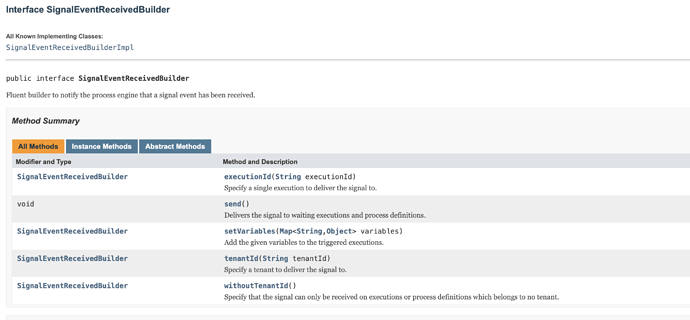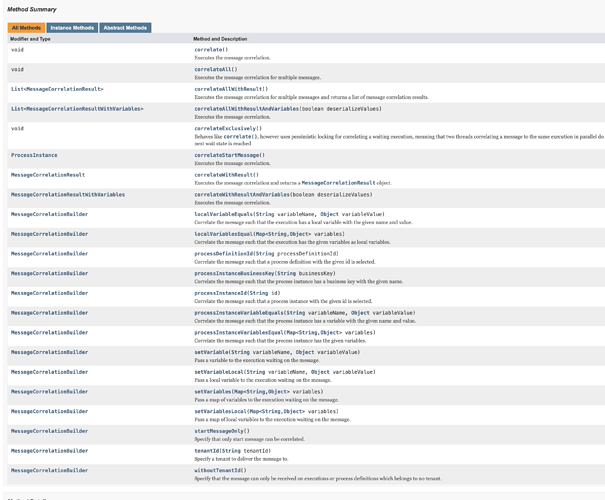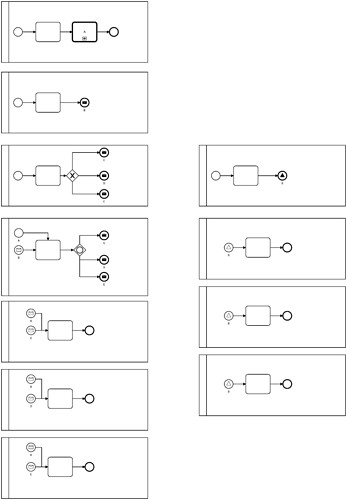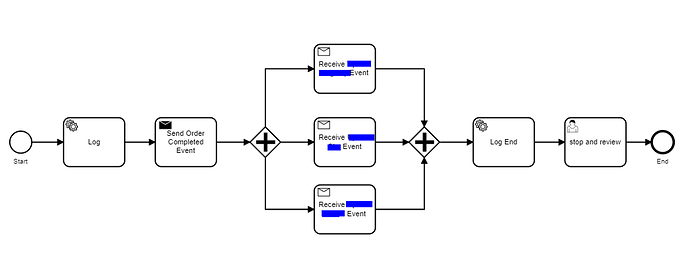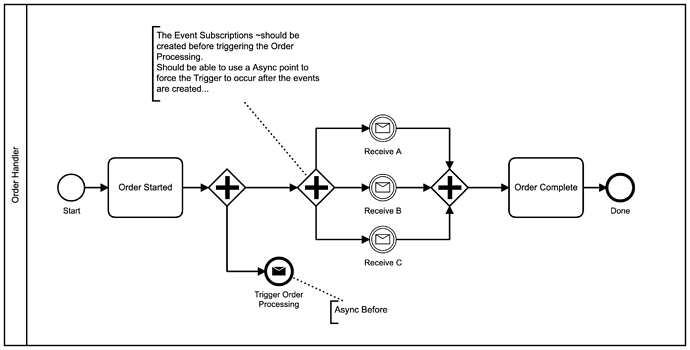The documentation states that:
Process versioning: Upon deployment of a new version of a process definition, the signal subscriptions of the previous version are canceled. This is also the case for signal events that are not present in the new version.
A parent process generates a signal event at a certain point. The parent process has kicked off but has not reached to a point where that event would be generated.
Process definition gets updated with a new version while the old version process instances are still not finished yet. Would the event which is required to be generated by that old version of the process definition would still be generated once that execution reaches to the point or not?
What is the best approach towards designing a system based on events? Signal Events appear to be the best fit but the quote above from the documentation can be a problem in case of new version deployment.
Looking forward to hearing from Camunda experts.
